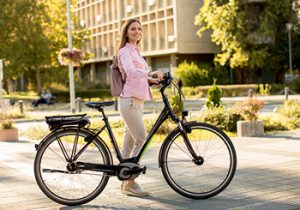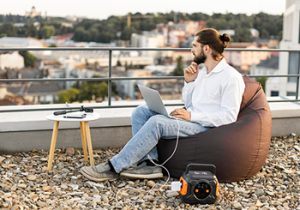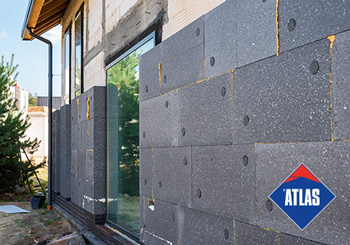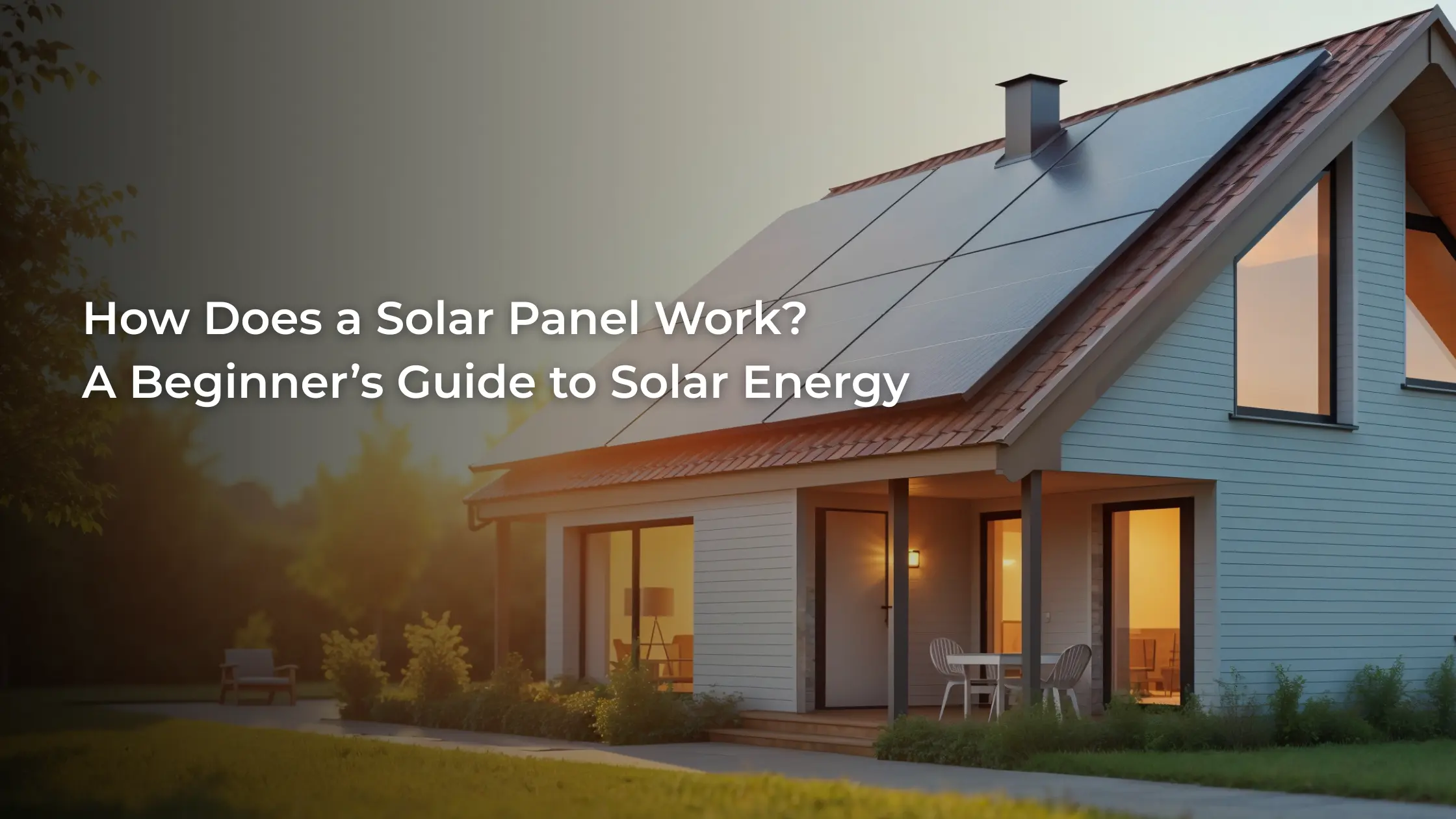The demand for clean and renewable energy is growing fast in the UK. As more homeowners and businesses are looking for sustainable ways to reduce their energy bills, solar panels are becoming a leading solution.
If you have ever looked at a rooftop solar system and wondered how it converts sunlight into electricity, you are in the right place. This comprehensive beginner-friendly guide will help you understand how solar energy works, right from basic concepts to the role each component plays in harnessing power. Whether you are curious or seriously considering solar, we’ve got you covered!
What Is Solar Energy?
Solar energy is freely available and can be harnessed without creating pollution or depleting resources. Unlike fossil fuels, solar energy doesn’t release harmful emissions which makes it one of the cleanest sources of power we can use today.
The most popular method of using sunlight into solar power is by installing photovoltaic (PV) panels. These systems absorb sunlight and generate electricity for everyday use. The best part? Solar panels offer you long-term energy solutions for your home and businesses with minimal maintenance and upkeep.
What Are Solar Panels Made Of?
Each solar panel consists of multiple solar cells which are generally made using silicon as it is a common semiconductor material. This structure of these cells allows them to absorb sunlight and create an electric charge.
A typical panel contains multiple cells wired together, all encased in a weather-resistant frame with tempered glass on top. The combination of materials is designed to maximise sunlight absorption and withstand the often unpredictable British weather.
How Do Solar Panels Create Electricity?
The sun delivers enough energy to the Earth’s surface to power global energy needs for an entire year. Solar technology harnesses this immense potential by converting sunlight into electricity, either via photovoltaic (PV) panels or through concentrated solar power systems that use mirrors to focus solar rays. The captured energy can then be used immediately or stored in batteries or thermal systems for later use.
Battery Storage and Grid Connection
In a typical solar setup, any surplus energy your system generates during the day can be stored in a solar battery. This stored energy proves particularly valuable at night or on overcast days when sunlight is not available.
If your system is connected to the grid, you may also benefit from exporting excess electricity. In the UK, the Smart Export Guarantee (SEG) allows you to earn money for sending unused energy back to the grid which has made solar energy even more rewarding.
Choosing the Right Type of Solar Panel
There are different types of solar panels, each with its own strengths:
- Monocrystalline panels are highly efficient and work well even in lower light.
- Polycrystalline panels are slightly less efficient but offer good performance at a more affordable cost.
- Thin film panels are less efficient but offer flexibility and a lighter build, which can be advantageous in certain environments.
The Benefits of Solar Energy
The advantages of switching to solar are both environmental and financial:
First, solar panels help cut electricity costs. When you generate your own energy, you reduce external reliance and save money in the long run.
Second, solar energy is clean. It doesn’t contribute to air pollution or carbon emissions, making it a significant step towards a greener future.
Finally, solar installations often boost property value. Homes with solar power are more attractive to energy-conscious buyers especially with rising awareness around climate change.
Government incentives such as 0% VAT on solar panel installations and support through SEG further enhance the appeal of going solar in the UK.
What Affects Solar Panel Efficiency?
How much energy your panels produce is influenced by a number of conditions:
Your roof’s angle, direction, and exposure to sunlight all play major roles. Roofs that face south tend to receive the maximum amount of sunlight over the course of the year in the UK. Shade from trees, buildings, or chimneys can limit performance, so site assessment is key and it plays a crucial role when done right by hiring MCS-certified installers like Infinity.
The quality of materials and the expertise of the installer also make a difference. A well-designed and professionally installed system ensures maximum efficiency and long-term performance.
Infinity: Trusted Solar Experts
When making the move to solar energy, partnering with an experienced provider is essential. Infinity is one of the UK’s leading names in solar solutions and we are known for delivering customised, premium, and high-performance systems.
We offer full-service support, right from initial consultations to system design, installation, and aftercare. With a focus on quality workmanship and long-term reliability, Infinity ensures your transition to solar energy is smooth, smart, and future-ready for years to come.
Conclusion
Solar panels are a reliable and efficient way to produce your own electricity and reduce your environmental impact. Understanding how solar systems work helps you make informed decisions that can benefit your household or business for years to come.
Ready to take control of your energy future? From your first inquiry to final installation, Infinity is here to support you. With expert advice, tailored installations, and proven results, we make going solar easy and worthwhile. Contact us today and start your journey towards cleaner and more affordable energy.







